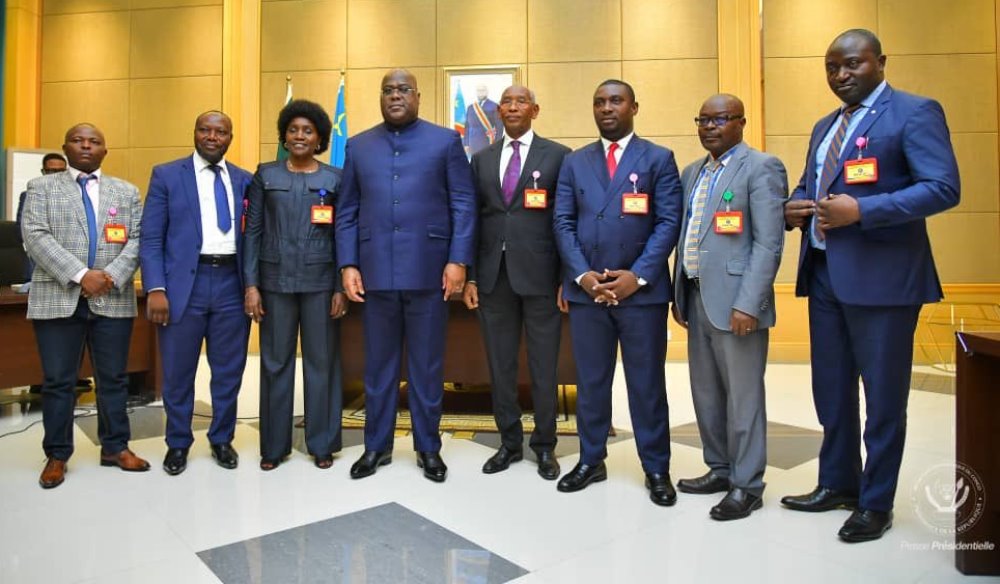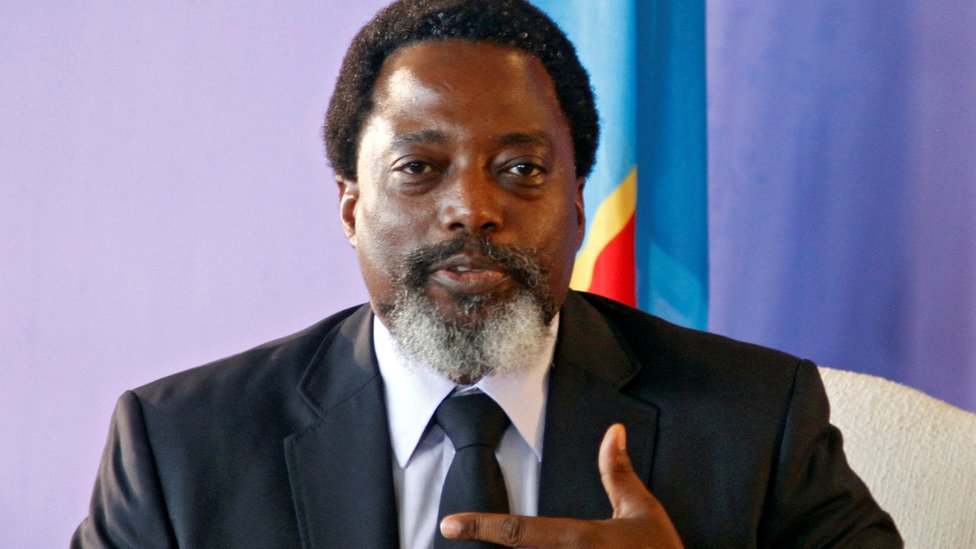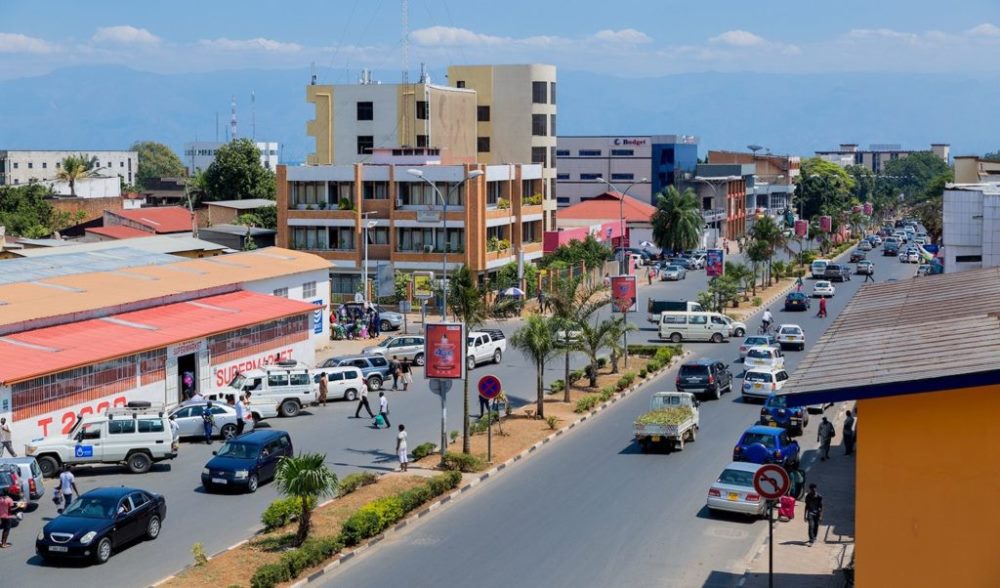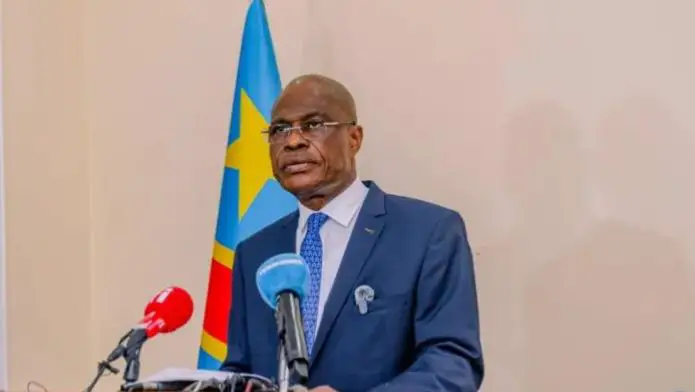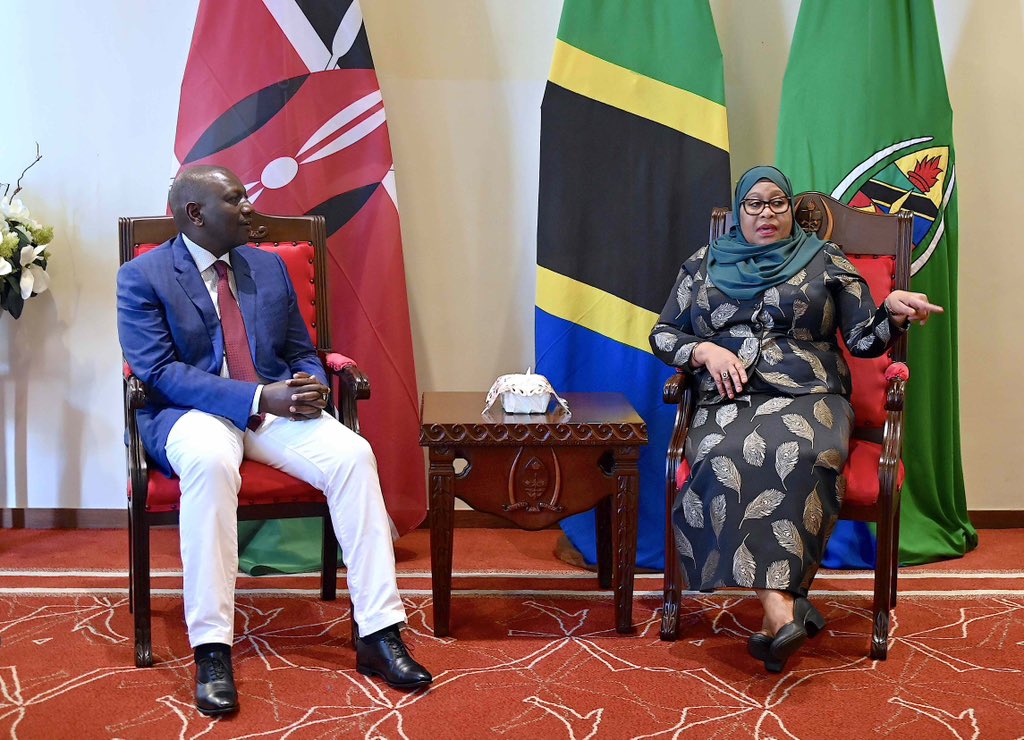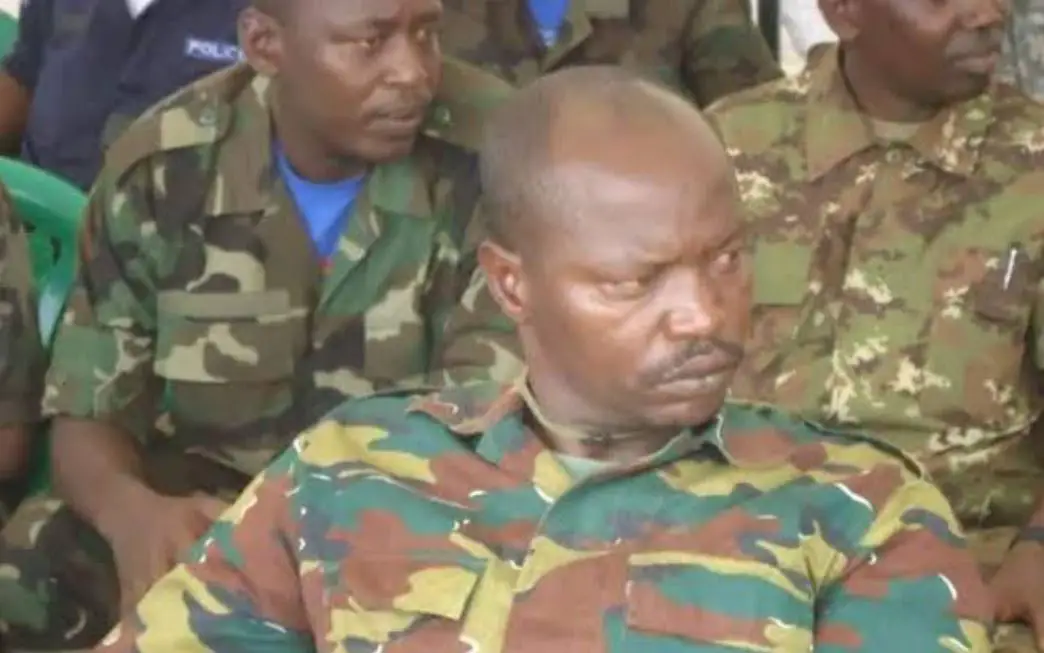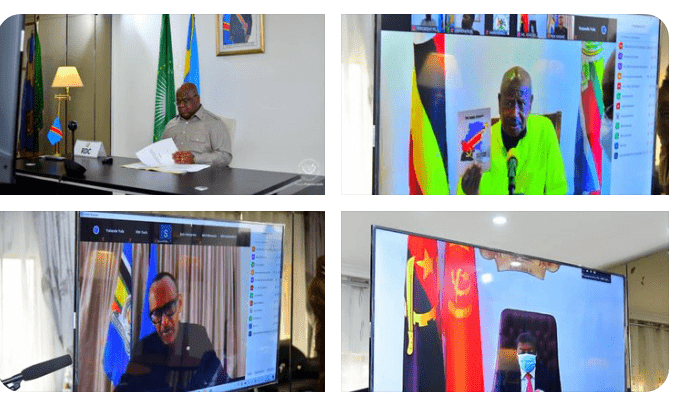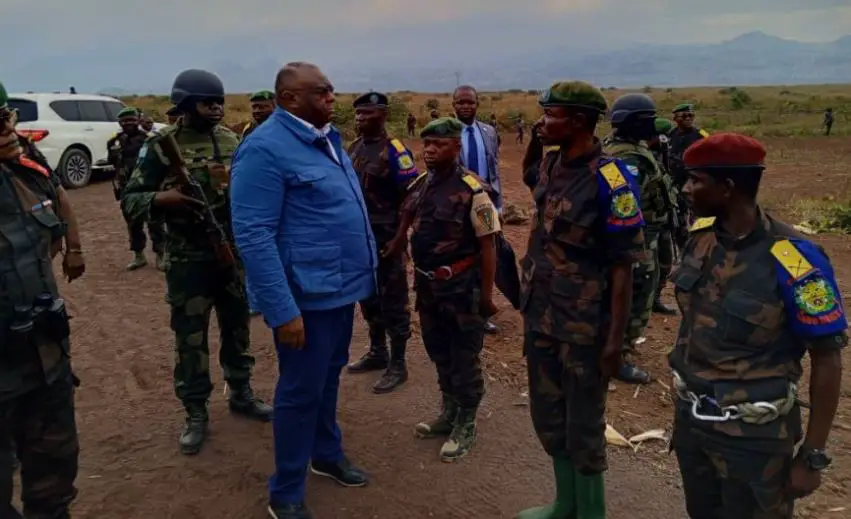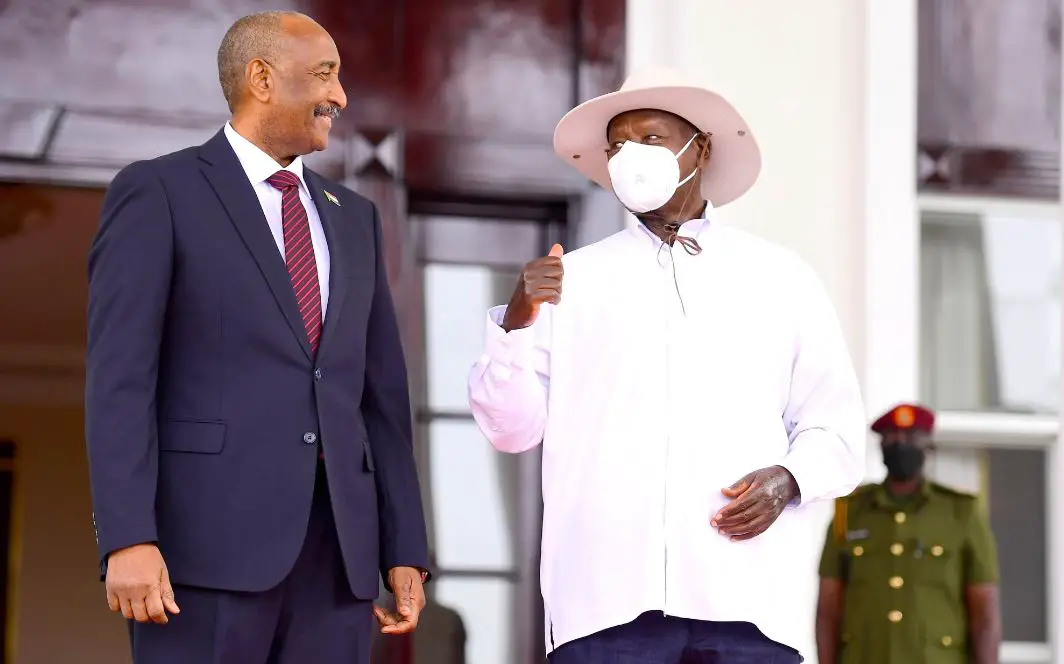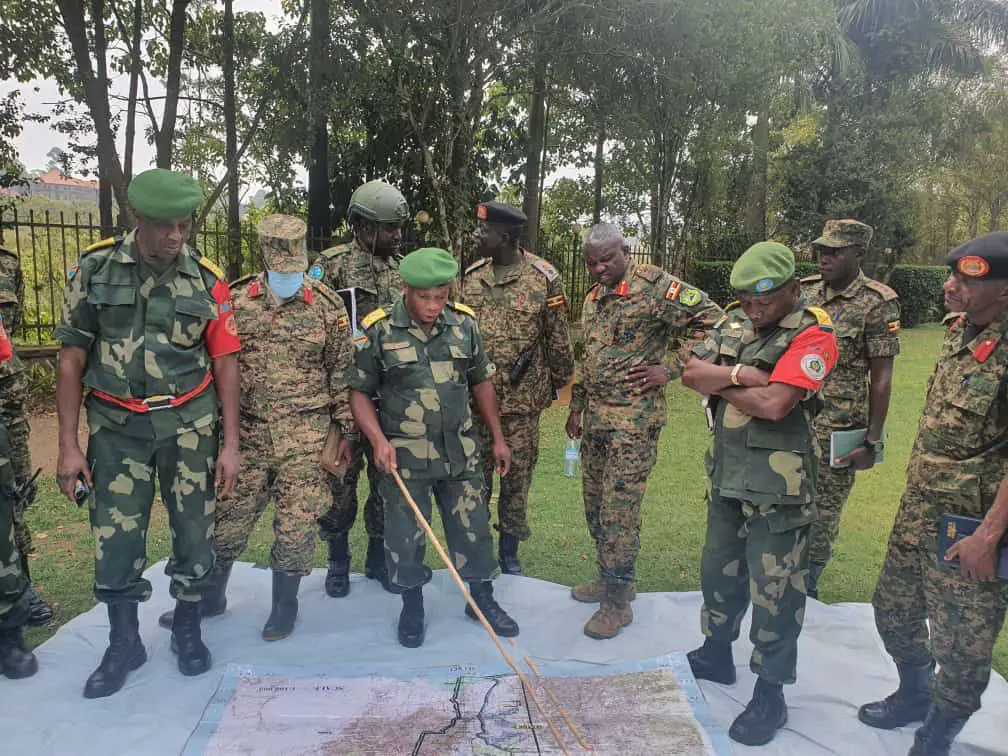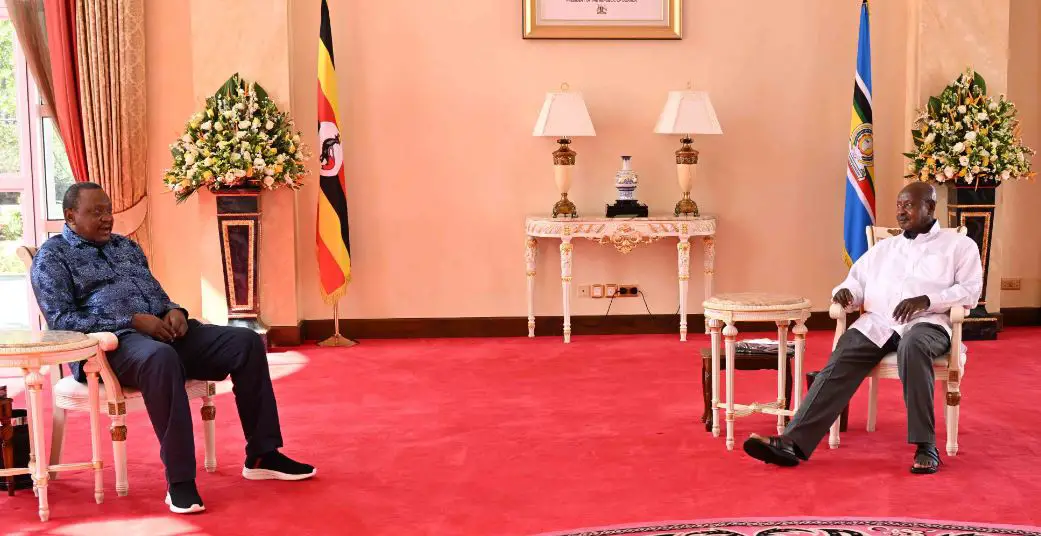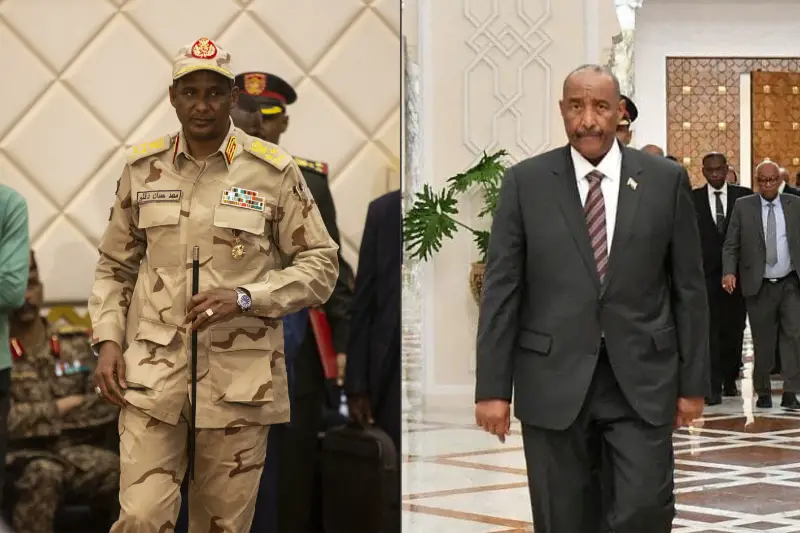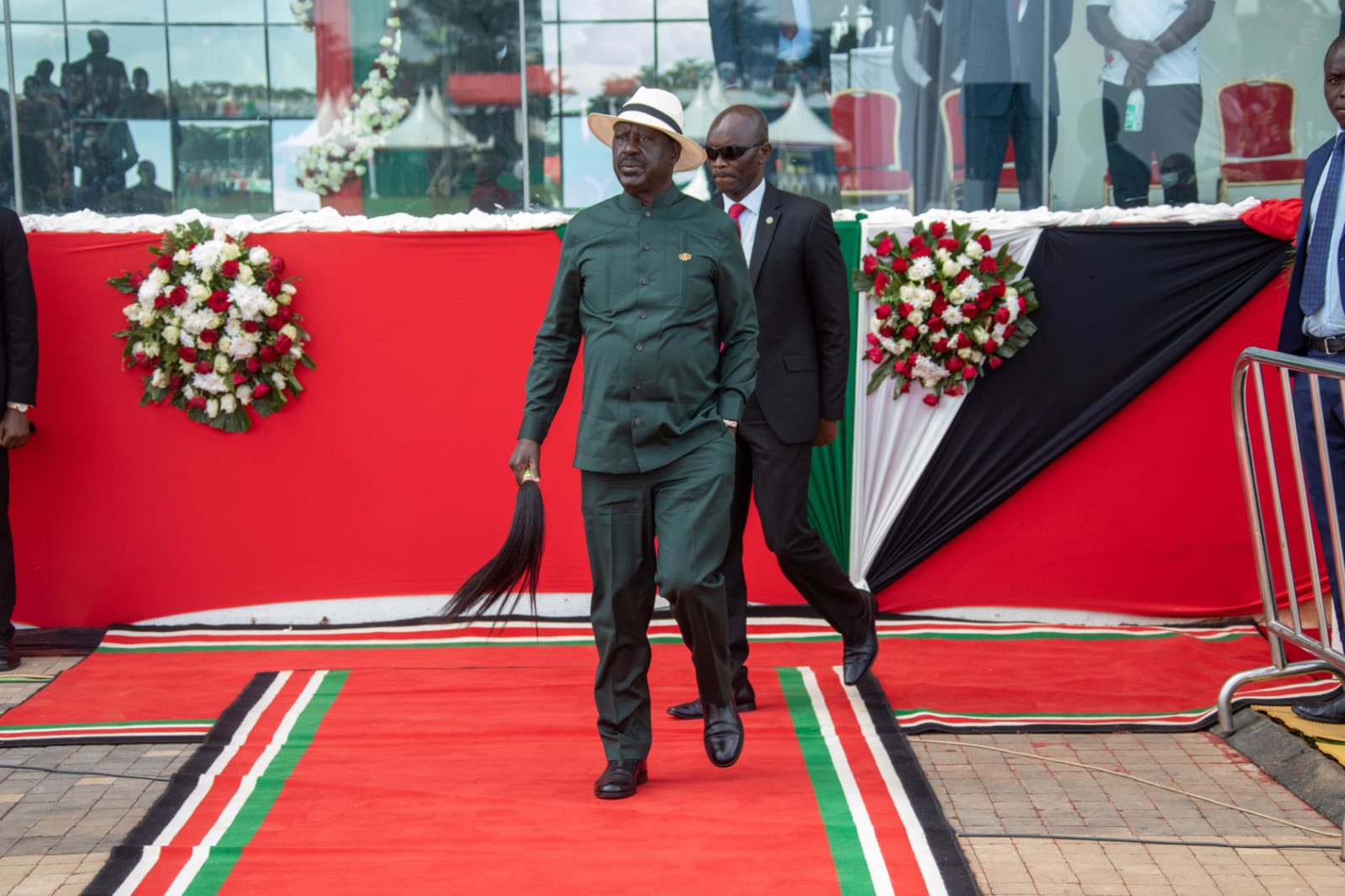All Africans to Enter Kenya Without Visa
All Africans to Enter Kenya Without Visa President William Ruto has said…
UN Sanctions Bernard Byamungu M23’s Chief Spy
The United Nations Security Council announced international sanctions against Bernard Maheshe Byamungu…
President Tshisekedi Revives Plan to Build Wall On Border With Rwanda
President Félix-Antoine Tshisekedi of the Democratic Republic of Congo has said he…
Mobondo Rebels Feared Near Kinshasa, Heading to Kongo-central
DRC’s Defense Minister Jean-Pierre Bemba has warned that the Mobondo militia have…
Gen. al-Burhan of Sudan Wants Help From Gen. Museveni
Gen. Abdel Fattah al-Burhan the Chairman of the Transitional Sovereign Council of…
Joint FARDC-UPDF Force Launch ADF Surrender Campaign in Beni
The notorious Ugandan rebels of the Allied Democratic Allied Forces (ADF) operating…
Uhuru Kenyatta In Kampala For Talks With Museveni
President Yoweri Museveni of Uganda this Saturday evening hosted former Kenyan leader…
President Ruto Accused of Playing Mercenary in Sudan Mediation
Gen Yasir Alatta, Assistant Commander-in-Chief of the Sudan Armed Forces (SAF) has…
Kenya’s Opposition Leader Odinga Vows More Demonstrations
Kenya is expected to suffer more countrywide demonstraions as called by the…





